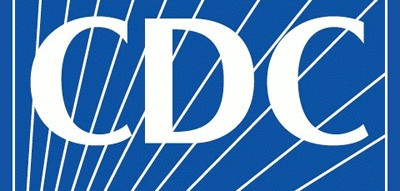The Centers for Disease Control and Prevention’s (CDC) recent shift in its guidelines indicating who among people with HIV should receive the hepatitis A vaccine (HAV) has newly recommended the vaccine to an additional quarter million HIV-positive individuals, the National AIDS Treatment Advocacy Project reports.
Before 2020, the CDC recommended the hep A vaccine only to certain groups of people with HIV, including men who have sex with men (MSM), people who inject drugs or who use noninjection drugs, people experiencing homelessness and people with chronic liver disease.
Now the CDC recommends the vaccine to all people with HIV older than 12 months.
Seeking to determine how many people with HIV were newly recommended to receive the hep A vaccine due to the updated guidelines, CDC researchers analyzed data covering June 2016 to May 2018 from the Medical Monitoring Project. This provided them with survey responses and medical records data from 7,634 HIV-positive adults.
The researchers presented their findings at the International AIDS Conference, which was held virtually last week.
Prior to the new guidelines, an estimated 437,526 people with HIV (49% of the adult HIV-diagnosed population) were indicated for the hep A vaccine because they were MSM, as were 255,022 people (29%) because they engaged in noninjection drug use, 119,815 (14%) because they had chronic liver diseases, 74,528 (8%) because of homelessness and 19,325 (2%) because they injected drugs.
The new guidelines add to that total an estimated 275,045 people with HIV (31% of the adult HIV-diagnosed population), which includes 68% of all women and 19% of all men diagnosed with the virus.
To read the NATAP report, click here.
To see all POZ coverage of AIDS 2020 Virtual, click here.







Comments
Comments